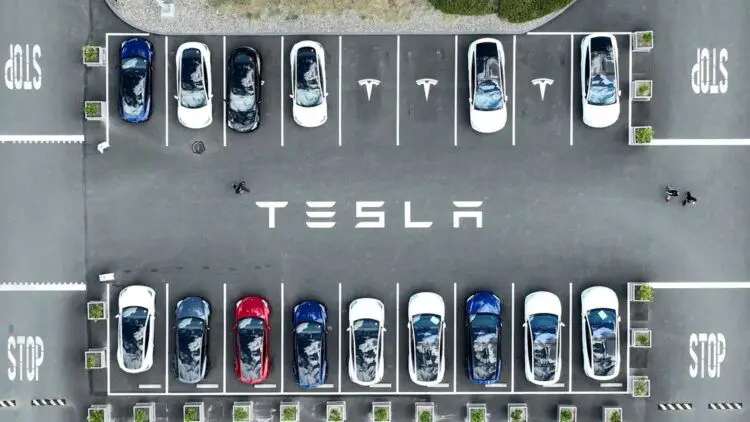Huge Tesla data leak reveals alarming safety concerns. How severe is the threat posed by Tesla’s Autopilot? Bad, if you ask the thousands of people who claim to be Tesla customers in the United States and elsewhere.
German newspaper Handelsblatt published an article on May 25 about a massive data dump based on a whistleblower’s leak of internal Tesla documents showing that problems with Tesla’s automated driving technology may be far more common than media reports and regulators have let on.
The allegedly stolen data add to the growing body of disturbing accounts regarding Tesla’s Autopilot and the experimental technology it has dubbed as Full Self-Driving that have arisen in the media and on social media in recent years. They highlight Tesla’s efforts to conceal safety issues and what seems to be a policy of discouraging dialogue with customers that may lead to legal action.
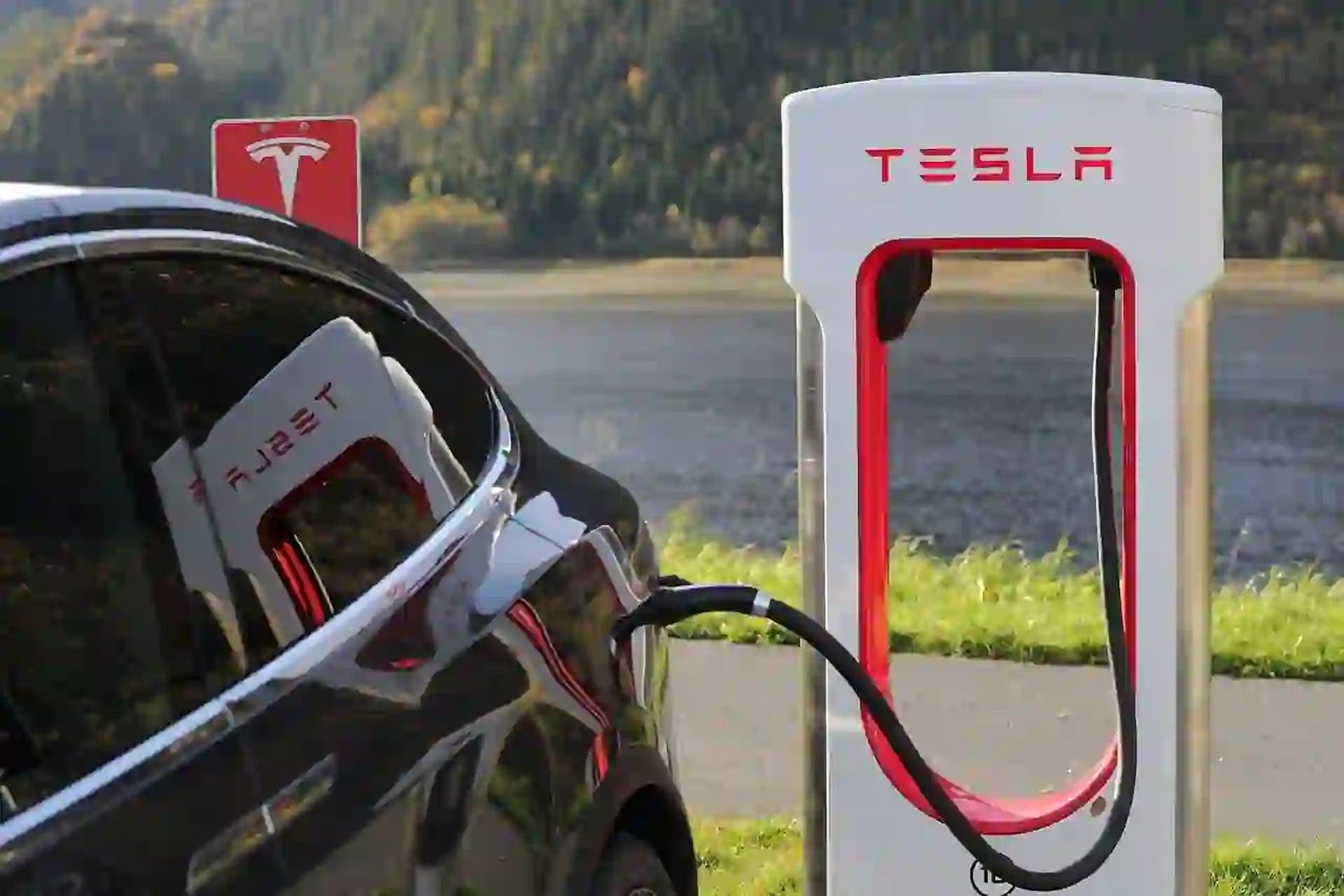
Huge Tesla data leak reveals: What happened?
Here are four of the most important things that may be learned by reading the article on the leak:
- The files include thousands of purported customer complaints and crash descriptions.
- Tesla consistently avoids sending consumers written correspondence.
- Tesla vowed to sue in response to the disclosure.
- These statistics might prompt authorities to take action.
Let’s take a closer look at them.
The files include thousands of consumer complaints and crashes
Handelsblatt reported receiving 100 terabytes of data and 23,000 files, including 3,000 entries concerning customers’ safety concerns and accounts of more than 1,000 collisions, in a piece headed “My autopilot almost killed me.” According to the publication, the accusations relate to Teslas produced between 2015 and March 2022.
In accordance with the story, the files include more than 2,400 complaints concerning fast acceleration and more than 1,500 complaints about braking issues, such as inadvertent emergency braking and so-called “phantom stops,” when the automobile abruptly brakes for no apparent reason.
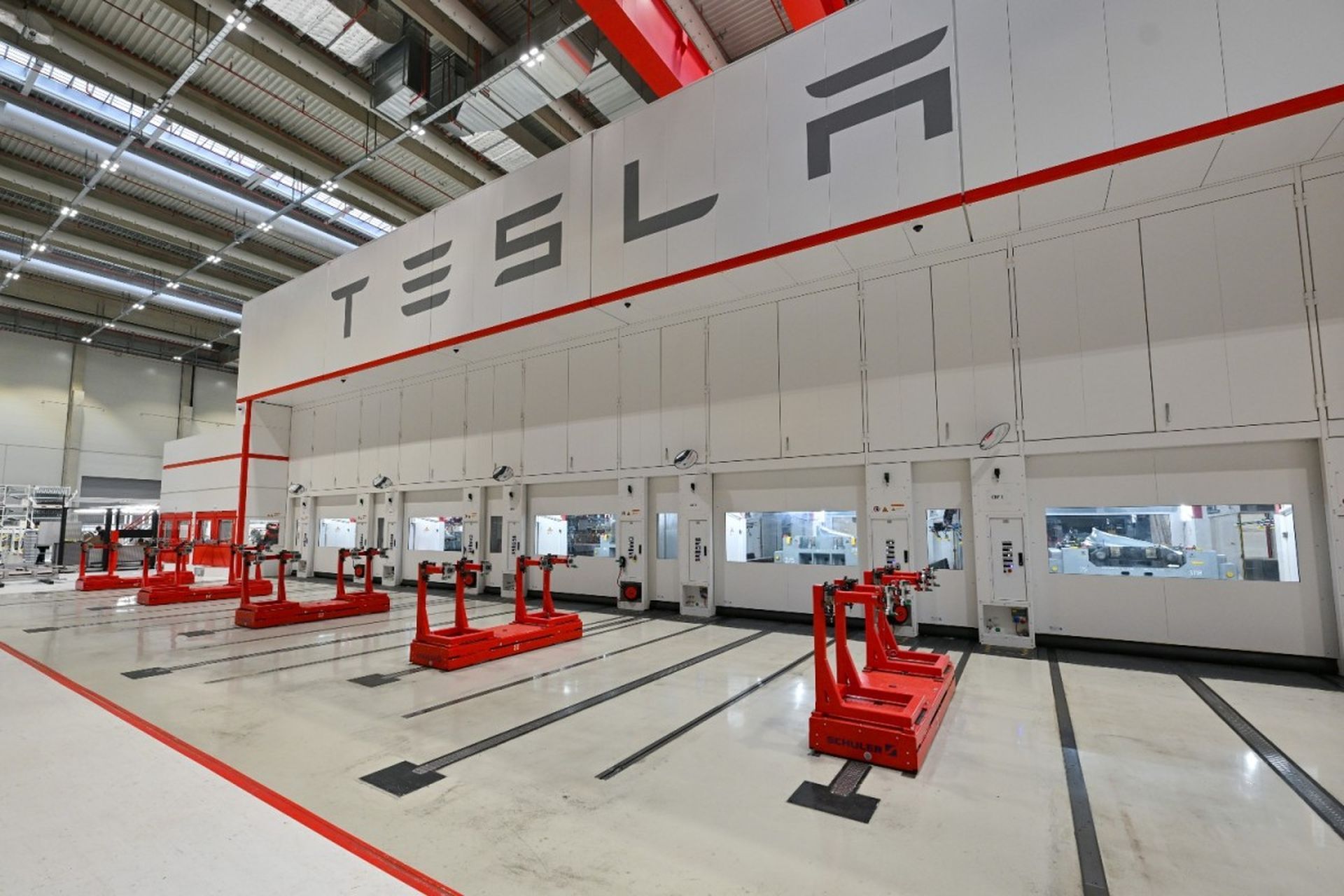
According to the story, customer phone numbers were included in the files. Numerous of them, according to Handelsblatt, who were called, corroborated the validity of the charges.
The Tesla of a Michigan man “suddenly braked hard, as hard as you can imagine,” the driver claimed. The moment the automobile practically came to a halt, I was shoved into my seatbelt. Then I was struck from behind by another automobile.
The Fraunhofer Institute for Secure Information Technology was shown the files by Handelsblatt after it had confirmed the customer complaints, and it came to the conclusion that there was no reason to think “the data set does not come from IT systems belonging to or in the environment of Tesla.”
Tesla consistently avoids sending consumers written correspondence
According to Handelsblatt, the files include “precise guidelines” for communicating with clients. Employees are told not to give written feedback unless attorneys are involved and to instead relay them “VERBALLY to the customer”.
The instructions state, according to the story, “Do not copy and paste the report below into an email, text message, or leave it in a voicemail to the customer.”
According to a California doctor featured in the report, “They never sent emails, everything was always verbal,” who claimed that her Tesla accelerated on its own and slammed into two concrete pillars in the autumn of 2021.

According to the story, some consumers did get written answers. One of these customers complained about phantom brakes and was informed that the Autopilot system was acting “absolutely normally” and that he should reread the instructions.
Tesla has a lengthy history of denying reports of safety issues from customers. As early as 2016, after hearing rumors that Tesla was requiring customers to sign nondisclosure agreements in order to be eligible for warranty repairs on defective Model S suspension systems, the US National Highway Traffic Safety Administration had to declare that customers were free to disclose safety issues.
Tesla vowed to sue in response to the disclosure
Tesla attorneys reportedly asked that the news organization deliver the firm a copy of the data and erase any other copies after being informed of the leak and the safety concerns, according to Handelsblatt. They also reportedly threatened to take legal action “for the theft of confidential and personal data” if the news organization did not do so.
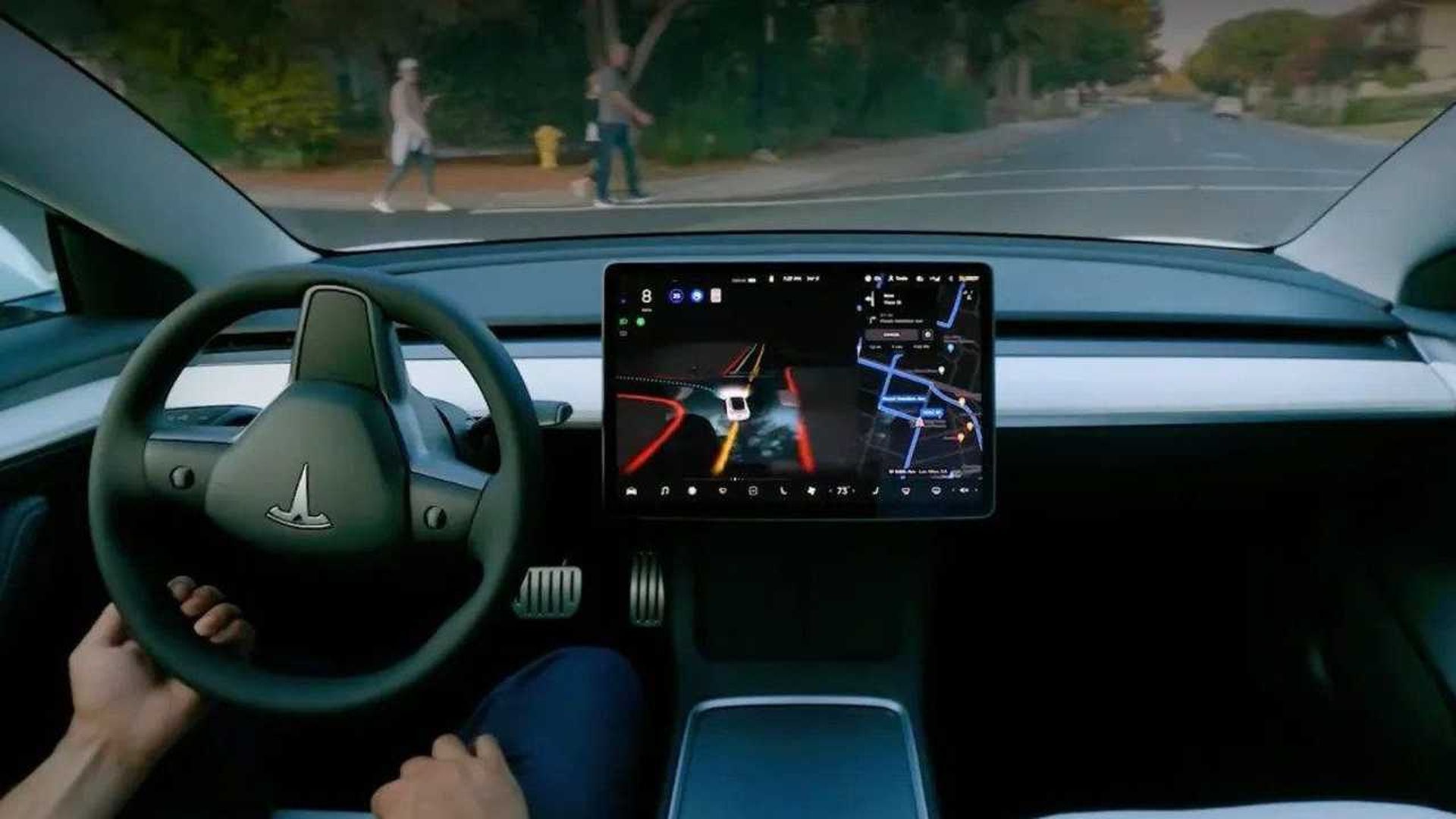
These statistics might prompt authorities to take action
The allegedly leaked documents might force state and federal authorities to finally act as a result of ongoing wrongful death cases against Tesla that claim that its technology has serious safety flaws.
Similar customer concerns regarding accidental acceleration were disregarded by the US National Highway Traffic Safety Administration in 2021, and “driver error” was cited as the cause.
Years-long investigations against Tesla by the US safety authority include one into what seems to be a propensity for Tesla vehicles to collide with emergency vehicles like fire trucks, ambulances, and police cars that are stopped on roads with their lights flashing.
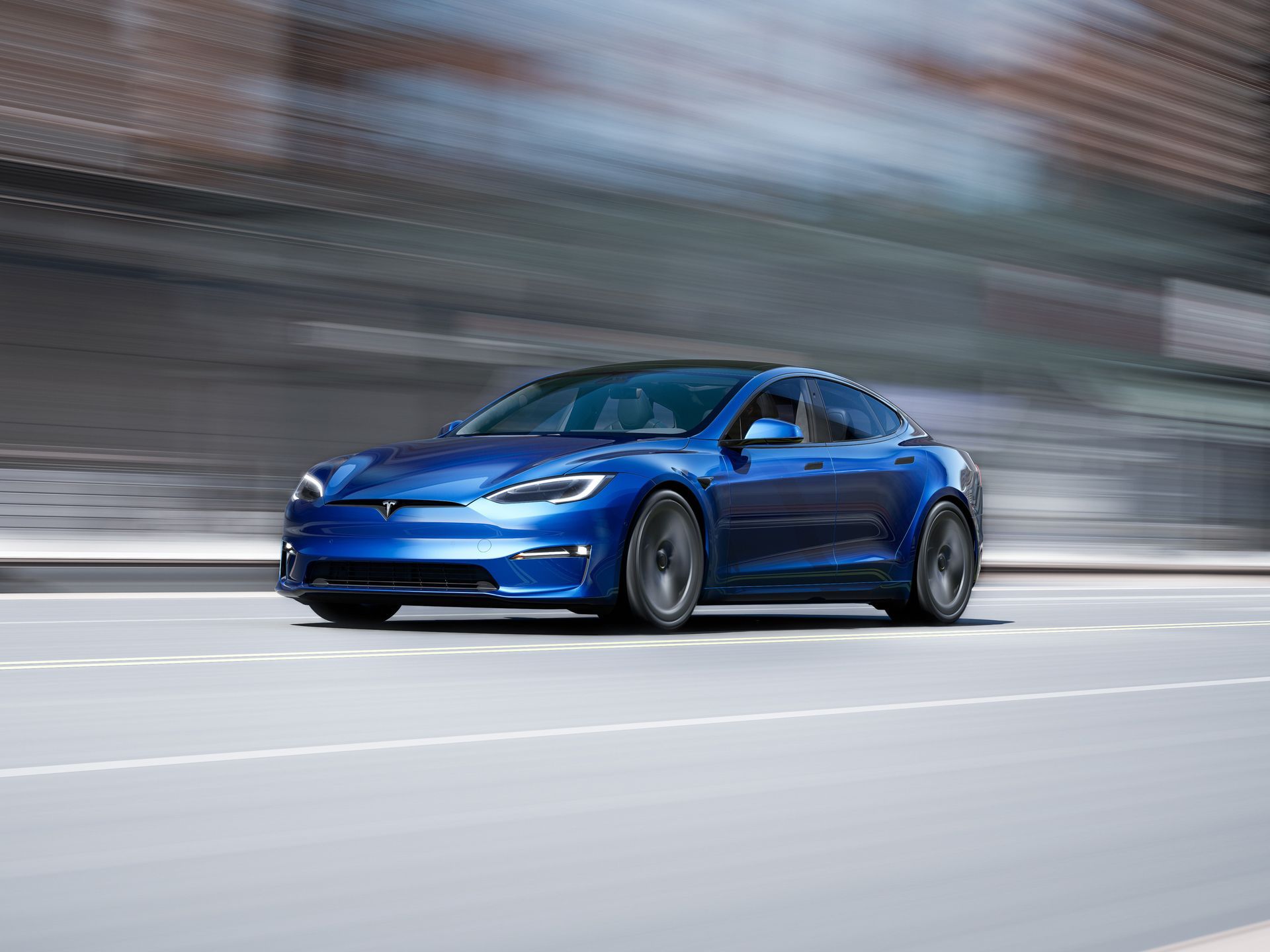
The California Department of Motor Cars is looking into whether Tesla’s Full Self-Driving option, which costs $15,000, violates both state law and the department’s own rules against falsely advertising cars as autonomous. Why that inquiry has been ongoing for more than two years without coming to a conclusion is a mystery to the DMV.
Regulators in China have already begun to intervene. Almost every vehicle Tesla has sold in China required an urgent software upgrade only two weeks ago to solve issues with unexpected abrupt acceleration.
Since 2016, Tesla CEO Elon Musk has made repeated promises of fully autonomous driving, but nothing has materialized.
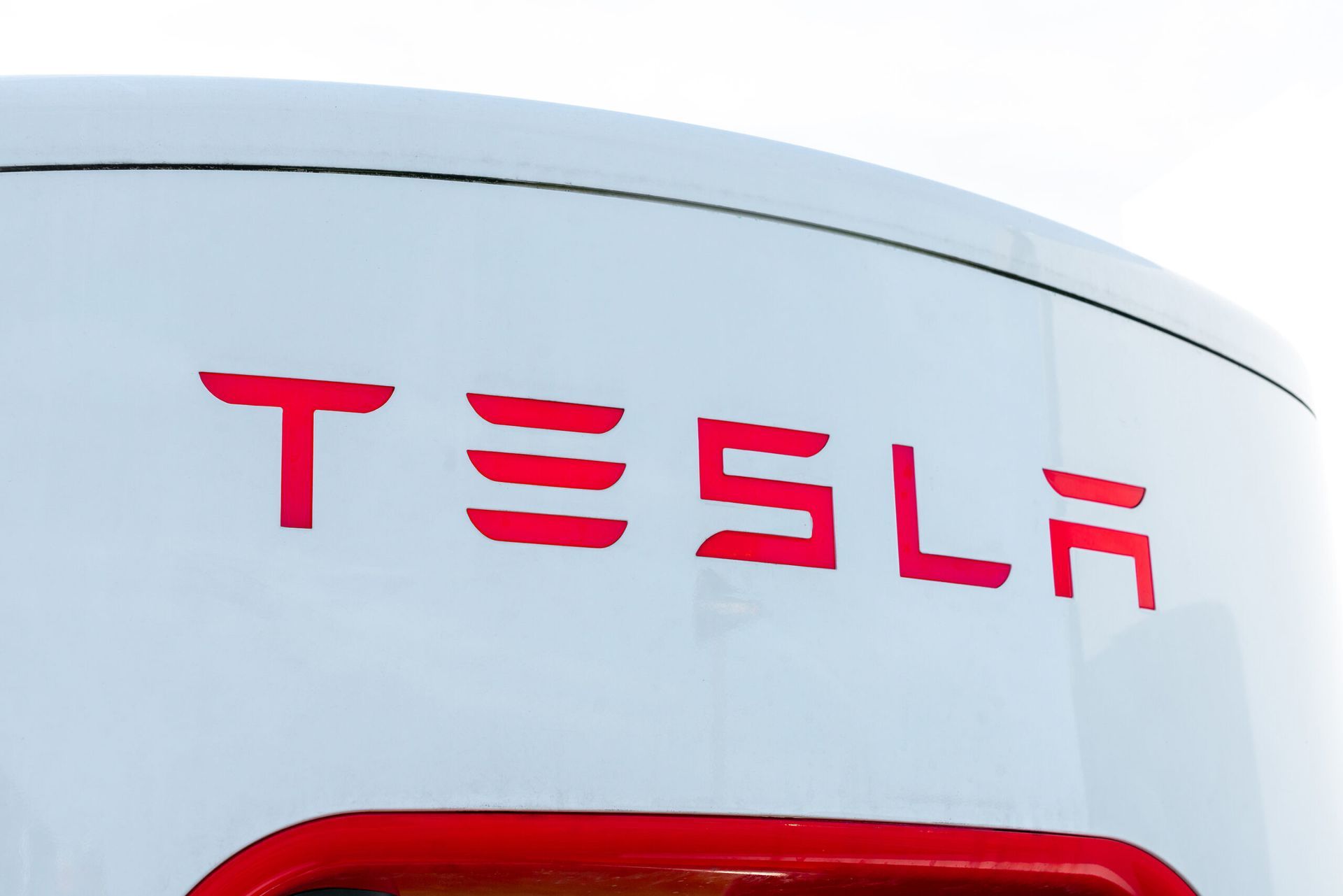
Huge Tesla data leak reveals: Conclusion
The extensive Tesla data dump, which was made public by the Handelsblatt story, paints a worrisome picture of safety concerns relating to Tesla’s Autopilot system. The potential hazards faced by Tesla users are highlighted by the hundreds of customer complaints and collision reports, which also include accounts of problems with rapid acceleration and braking.
Tesla frequently avoids formal interaction with customers and discourages conversation, which raises further concerns about accountability and transparency. The company’s refusal to address these safety issues is highlighted by Tesla’s reaction, which included a threat to sue and a demand that the data be deleted.
It is imperative that authorities take measures to guarantee the safety of Tesla’s autonomous driving technology given the continuing investigations and wrongful death lawsuits. The data breach serves as a reminder to authorities of the need for strict control and consumer protection measures.
That’s all you need to know about huge Tesla data leak reveals. Before you leave, you can read our article Tesla’s charging plugs will welcome Ford EVs next year.

